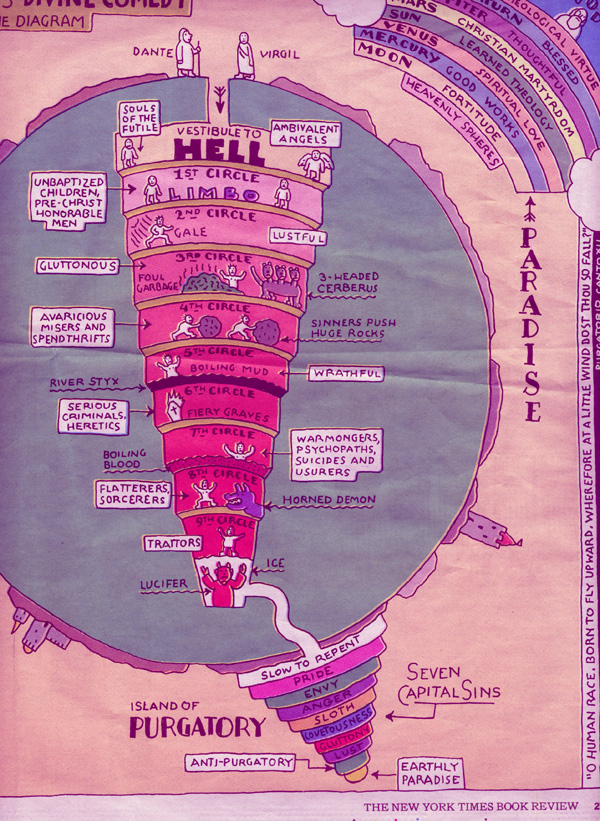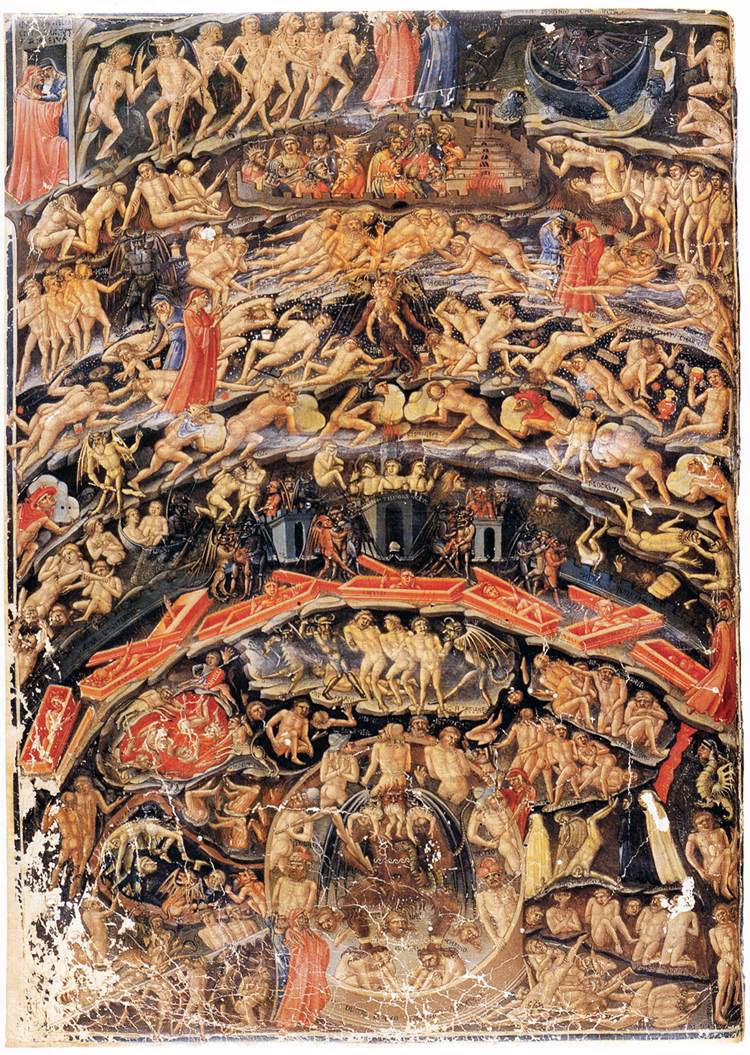I thought that Elaine Showalter had a reasonably ironic point when she talked about Ellroy’s latest plunge into narcissistic self-examination in James Ellroy, the Ancient Mariner of LA Noir.
From the earliest days of his literary career, Ellroy was working out how to create a memorable persona, costume it, style it, rehearse it, polish it and sell it. The Hilliker Curse offers a fascinating account of his understanding of the role of performance in the contemporary publishing scene, and the skills he developed for it. As early as 1979, he writes, “I was certifiably hot shit. I rocked with a sense of destiny and exuded a raucous panache”. Once his books started selling, “I told my life story to a captive audience. I became a dazzling public speaker at the get-go”. For his first big book tour, “I spent hours perfecting my reading gigs and podium patter. I bought some snazzy new threads to enhance my You de Man status”. On the road, he did “bookstore events every night. I performed introductory shtick, read from my novel, and took questions. I was electrifyingly good in the middle of a meltdown. I always played to one woman in the audience”. Ellroy realized fast that reading was a form of seduction, and he “sensed . . . what career womanizers know cold: female discontent is opportunity”. Before long, a third of the bookstore audience was female, and some women left him their phone numbers.
Given his critical and commercial achievements, and the happy resolution of his quest for the Other, I wonder whether James Ellroy will now stop telling his life story. Will safety and serenity work for him, or will he be driven again to find his inspiration and motivation in danger? I also wondered, while I was reading the book, who might buy it, besides the hardcore Ellroy completist. But apart from Ellroy cultists, I would recommend it highly as a marketing guidebook for aspiring women writers who struggle with diffidence, modesty and self-deprecation. Ellroy’s Curse could be a self-effacing woman writer’s bible.
Yet in the comments is a reply from Erika Schickel himself, Ellroy’s current partner, who energetically follows Showalter’s lead:
While your review focuses on Ellroy’s gift for self-promotion, you have touched on one of the merits that has brought me to love this complex man so dearly – his feminism. Before THC published, we hoped that it would be read more widely by women, and reviewed by more women than men. Not only because it is a work of deep romantic and emotional honesty, but because he so nakedly grants women power.
I received a progressive, liberal arts education, came of age in a post-feminist era, and have enjoyed the advantages of having been born into a culturally privileged family — yet it was scrappy, self-made James Ellroy, with his single-minded belief in manifest destiny, women in general and me specifically, who has helped me loosen my grip on self-deprecation. My modesty and diffidence had become metastatic for reasons you could probably explain better than I. Ellroy has been the antidote for that specific, crippling condition.
While much of his public persona is indeed a “confident and aggressive” act, the act protects the truest thing about him: his vulnerable, sweet and brave heart. I am not in love with “The Demon Dog,” but I endure his public persona in order to be with this dear, private man.
James Ellroy will always be, at bottom, a boy whose mother was raped and murdered — a boy who received no subsequent counseling, little education indifferent parenting, and a boy who turned to a dead German composer (Beethoven) as a role model when others failed to emerge. That this boy is even alive today, writing, loving, and searching for his own artistic and emotional truth, is a testament to his bravery and strength of spirit. Ellroy’s strident persona, obsessive nature and compulsive heterosexuality make him seem predatory, but in fact, he is a true and tender champion of women.
If I have any quibble with your otherwise completely laudable review, it is with your assertion that Mr. Ellroy “persuaded” me to leave my marriage and bring my daughters to live with him. As anyone who has been in a “tanker” marriage (Ellroyism), the true story is much longer and more heartbreaking than it appears (and is a subject I am trying to plumb in my own forthcoming memoir).
The figure of the sensitive, vulnerable womanizer, more honest in his dysfunctional misogyny than would-be enlightened men, is not new. The deflation of this figure is not new. (Rodolphe staining tears on his letter to Emma in Madame Bovary is just about its quintessence.) Showalter seems to be quoting from Ellroy with a fair bit of contempt. Schickel ignores (or just doesn’t notice) Showalter’s implied disapproval and goes on to say that yes, Ellroy is indeed a female liberator, an antidote. Her experience is her experience, but I admit to being a bit nonplussed. Still, Showalter and Schickel’s two voices both ring as archetypal to me. I’ve sometimes heard them in a single person.


